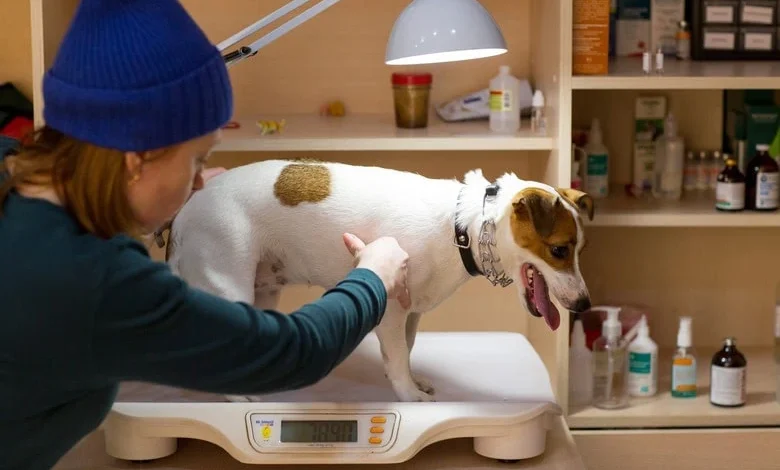
Our pets make our lives so much better, especially here in sunny Florida. But they can have weight problems too, just like us. Many health problems can happen to our pet friends when they carry extra weight.
This article talks about pet obesity, its effects on health, and good ways to keep your pet at a healthy weight. People who live in or near Clearwater who are worried about their pet’s weight should talk to a veterinarian in Clearwater for personalized advice and help.
Understanding pet obesity and its risks.
If pets eat more calories than they burn, they can become overweight or fat, just like people can. This can happen for a number of reasons, such as being overfed, not getting enough exercise, or having certain medical problems.
A pet’s quality of life can be greatly affected by being overweight. It makes a number of health problems more likely, such as:
- Diabetes and Arthritis
- Heart trouble
- Problems with breathing
- Skin issues
To avoid these health problems, it is important to act fast.
How to keep your pet at a healthy weight.
There are many things you can do to help your pet reach and stay at a healthy weight. Getting regular exercise and eating well are two ways to help them reach the goals you have set.
A good diet plan.
- Talk to your vet about how to help your pet lose weight. They can figure out what your pet needs and suggest a good diet for it.
- Change how much they eat. Do not let your pet eat whatever it wants. Set the right amount of food for them based on their age, weight, and level of exercise.
- Pick stuff that is good. Choose pet food that is made to help pets stay at a healthy weight. Most of the time, this food will have fewer calories and fat but a lot of good minerals.
- Give them fewer treats. Giving treats is a sweet way to show love, but giving them too often can make them gain weight. Choose healthy treats and give them in small amounts.
Doing regular exercise.
- You should take your pet for walks every day. How long and how hard walks are for your pet will depend on its age, breed, and health in general.
- Play with your pet in a fun and involved way. Games like fetch, ball, and tug-of-war can be part of this.
- Make an obstacle course in your living room or garden to keep your pet’s mind and body active.
Do not forget that consistency is key! A healthy diet and regular exercise will help your pet lose weight and stay healthy.
Be patient and monitor their progress.
Do not forget that losing weight is a process, not a goal. You have to be patient, consistent, and give it time. Allow your pet some time to reach their weight loss goals. Enjoy their small wins, like being able to wear a smaller collar or play for longer without getting tired.
Check your pet’s weight often, either at home or when you take it to the vet. You can then keep track of their success and change their plan as needed.
You can use a simple bathroom scale to find out how much your pet weighs at home. The vet’s office might be a better place to get your pet weighed if they are big or overweight.
Seek professional help.
Do not be afraid to talk to your vet or a qualified animal trainer if you are having trouble helping your pet lose weight or if you are worried about their health. They can give you specialized help and advice.
With these tips and close communication with your vet, you can help your pet reach and stay at a healthy weight. Do not forget that a healthy pet is a happy pet!
Click here to explore our blog for more valuable advice.




